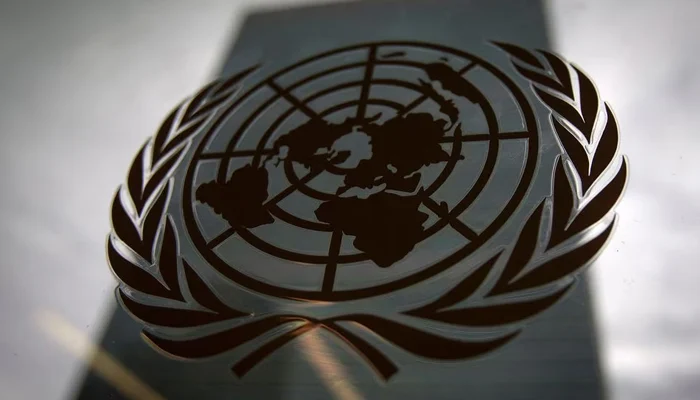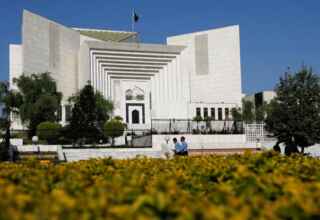
The 47-member United Nations Human Rights Council on Wednesday approved a Pakistan-backed resolution on religious hatred in the wake of the burning of the Holy Quran in Sweden.
Major Western powers — the United States, European Union, and the United Kingdom — opposed the resolution, claiming it was against their views on human rights and freedom of expression.
Pakistan had moved the resolution titled “countering religious hatred constituting incitement to discrimination, hostility or violence” after a man in Sweden burned pages of the holy book, triggering a diplomatic backlash across the Muslim world.
As many as 28 countries — including China, India, South Africa, and Ukraine — voted in favour, 12 voted against, and seven countries abstained.
Among countries other than the UK and the US, Belgium, Costa Rica, Czechia, Finland, France, Germany, Lithuania, Luxembourg, Monte Negro, and Romania voted against the resolution.
Pakistan’s resolution condemns all manifestations of religious hatred, including “public and premeditated acts of desecration of the Holy Quran”, and underscores the need to hold those responsible to account.
It urges states to adopt laws to “address, prevent and prosecute acts and advocacy of religious hatred that constitute incitement to discrimination, hostility or violence”.
It also wants the UN rights chief Volker Turk to identify gaps in countries’ laws in light of the Quran burning debate.
‘Isolate those who stoke hatred’
In his address via video link to the body on Tuesday, Foreign Minister Bilawal Bhutto-Zardari called upon the world to stand united against hatred, discrimination, intolerance, and promote mutual respect, understanding and tolerance.
Bilawal said unfortunately, deliberate desecration of the Holy Quran had continued under government sanction and impunity.
“We must see this incitement to hatred, discrimination and attempts to provoke violence. We must join hands to condemn it. We must isolate those who stoke hatred,” he said.
“It is important to understand the deep hurt that at public and premeditated act of Quran’s desecration causes to Muslims,” he remarked.
Terming the desecration of the Holy Quran as an attack on the Muslim faith, FM Bilawal said the call in the draft text presented before the council for prevention and accountability was reasonable and necessary.
The minister said hate speech and free speech must be segregated, as free speech was as indispensable as hate speech.
“There is not a single Muslim country on the planet that allows the desecration of the holy text of other religions,” he said, adding that such an act was unthinkable to any Muslim.
Indonesian Foreign Minister Retno Marsudi added: “These provocations deeply insult Muslims around the world. You cannot hide behind freedom of expression.”
On June 28 in Stockholm, Salwan Momika, 37, who fled from Iraq to Sweden several years ago, stomped on the Muslim holy book and set several pages alight.
His actions came as Muslims around the world began marking the religious festival of Eid ul Adha.
The Swedish government condemned the Quran burning as “Islamophobic”, but added that Sweden had a “constitutionally-protected right to freedom of assembly, expression and demonstration”.







